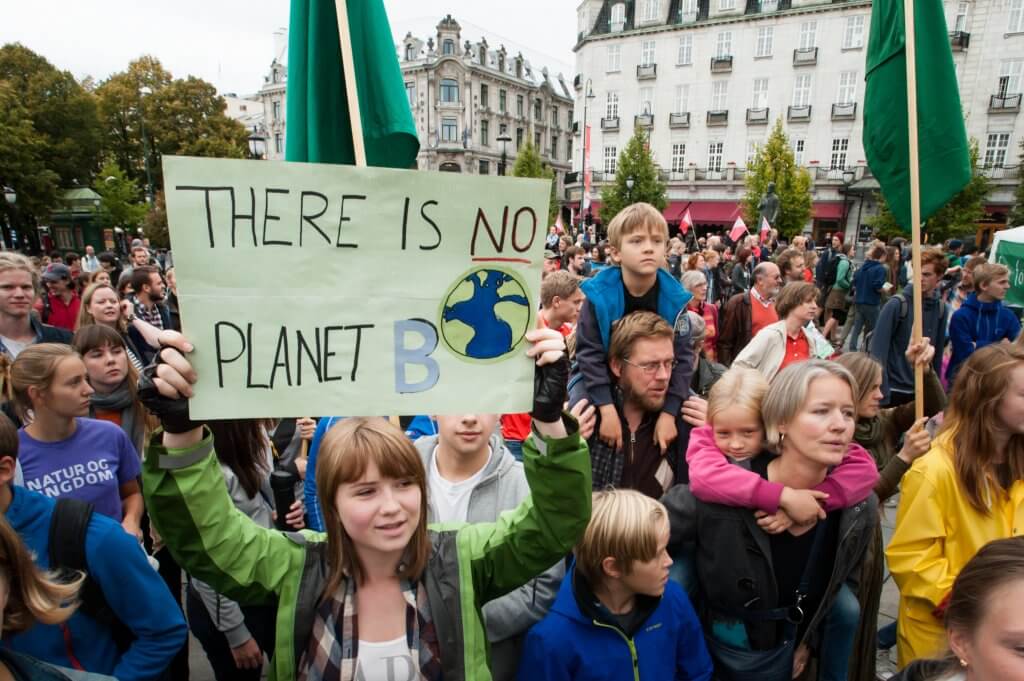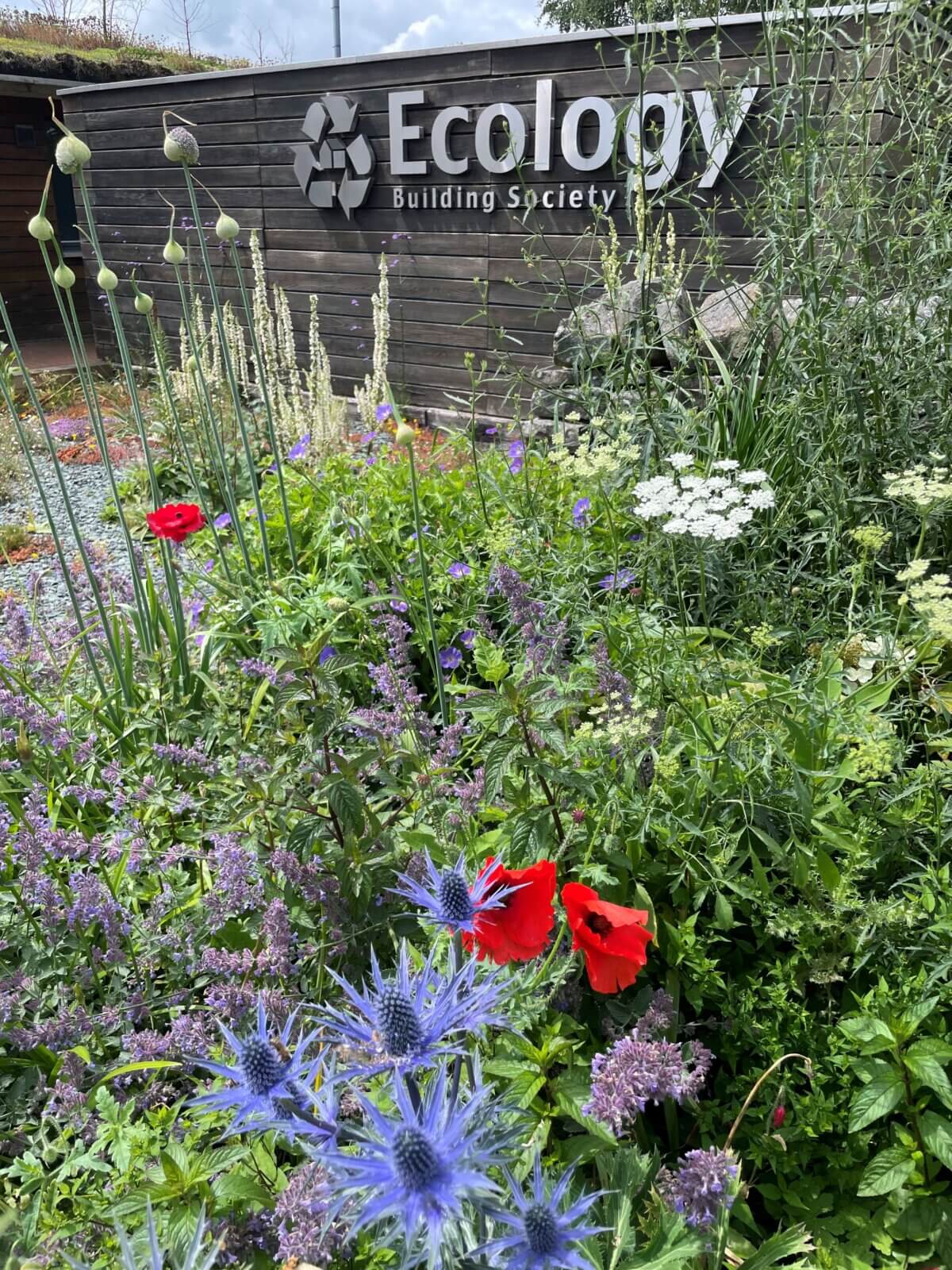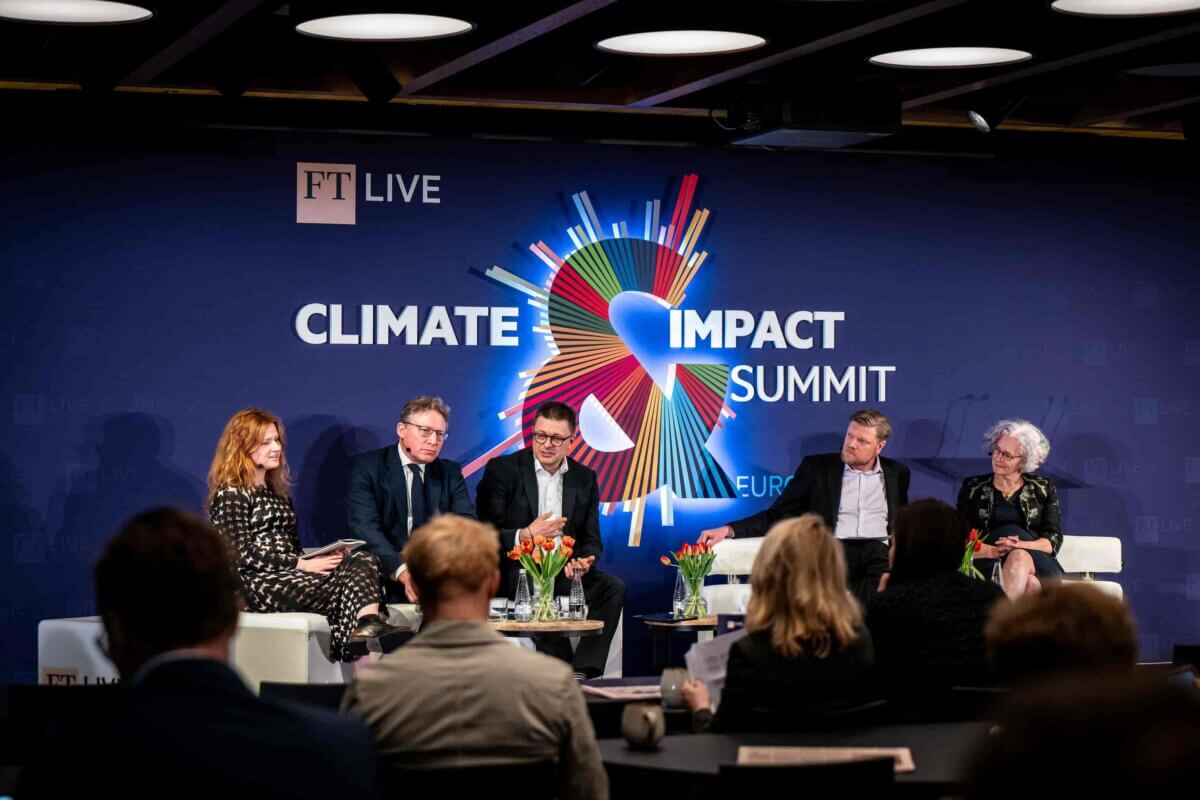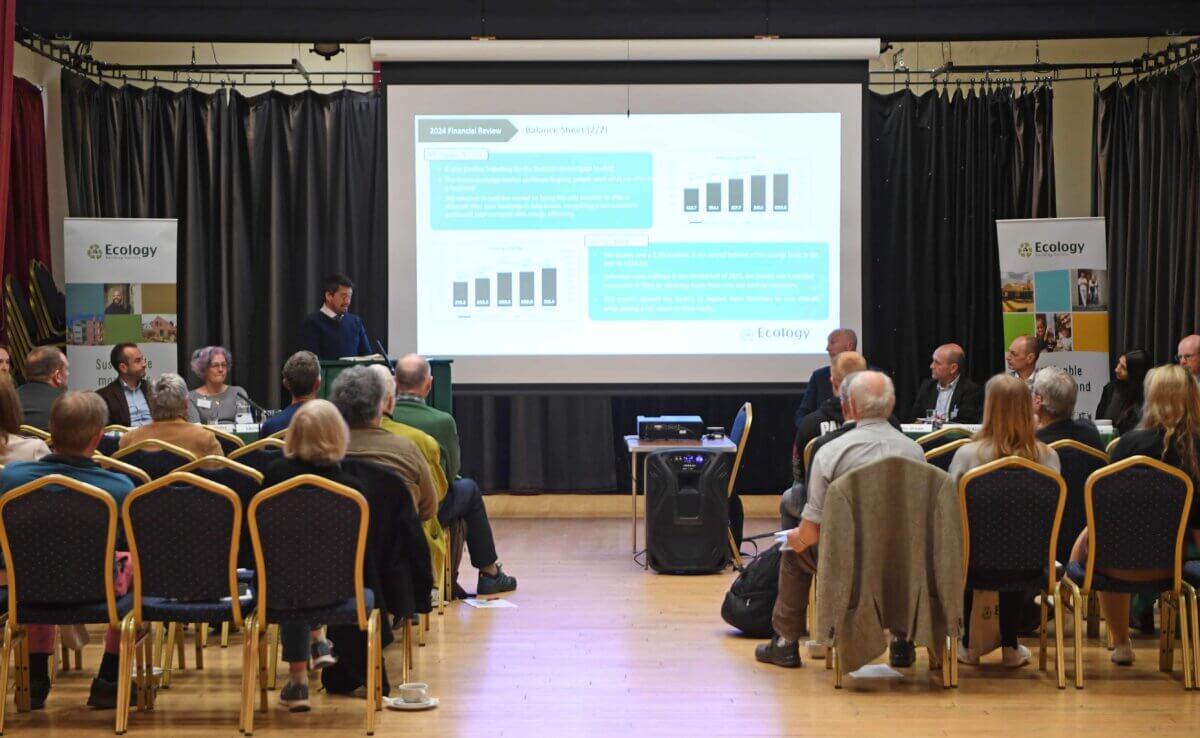Climate Change: 10 Burning Questions

As our planet enters unchartered waters, WWF’s Head of Climate Change – Gareth Redmond-King – answers some of the burning questions about Earth’s changing climate.
We’ll be welcoming Gareth as a speaker at our AGM on Saturday 27 April when we’ll be exploring how Ecology’s work can support positive outcomes from the perspectives of people, planet and prosperity.
So, Gareth…
What can I do to help?
We can each make a start by cutting our own emissions. First, fly less and drive less – transport is a significant source of emissions. Reduce your meat consumption and waste less food. Switch to a renewable energy provider and insulate your home – you’ll use less energy and what you do use will be cleaner! When lots of us take small actions to cut our carbon footprints it can add up to a big change.
And tell your MP how important this is to you. MPs act on issues they know voters care about. So, demand that politicians and businesses take action.
Can we realistically save the world from climate change?
Yes, but only if we act now and we act fast. If we’re going to avoid going beyond 1.5C we need urgent international co-operation to drive down greenhouse gas emissions.
What will happen if climate change carries on? What will the world look like in 100 years if nothing is done?
It’s difficult to say. But one thing’s certain – if we do nothing, all the climate effects that we’re already seeing will get worse: more extreme weather, with all the accompanying destruction and disruption; more animals and plants that can’t adapt and become extinct; water scarcity; further decline of sea ice, ice caps and glaciers. If we fail to act on the scale required, we’ll be set for 2C of warming and rising. The impacts for the entire planet and its life-systems will be very serious.
How would you advise we go about educating ourselves further on climate change?
There are so many fantastic resources out there. Websites like Carbon Brief help to explain some of the key concepts behind climate change, and Business Green has some excellent stuff on climate change and energy.
The Guardian, National Geographic – both have some really good coverage of environmental issues. I loved the book This Changes Everything by Naomi Klein – it really gets under the skin of the causes of climate change and, with real passion, explores potential solutions.
You can also head to Netflix to check out Our Planet, a new series produced in partnership with WWF, which explores climate change and its impact. And if you’re on social media, experts like Michael Mann, Kate Marvel, Katherine Hayhoe and Ed Hawkins will keep you up-to-date via Twitter.
Does vegetarianism have an important positive effect on climate change?
Yes. Sixty per-cent of mammals on Earth are livestock and 70% of birds are chickens/poultry. Livestock grazing and feed production uses huge amounts of land, which is a cause of deforestation in some areas of the world. Eating less or no meat can really help to reduce your carbon footprint.
How does plastic pollution affect climate change?
Plastic pollution harms marine animals and seabirds when they eat it or become entangled in it. Plus, plastic is made with oil – accounting for about 8% of global oil use and expected to rise over coming years. Our plastic consumption drives demand for fossil fuel companies to keep ‘exploring’ for and extracting oil. What’s more, recent research indicates that, as certain plastics – particularly drinks bottles – sit around, breaking down over time, they actually start to emit some of the greenhouse gases that cause climate change.
What is a climate emergency?
Declaring a ‘Climate Emergency’ is a political acknowledgement of this crisis. It would mean immediately prioritising action across government to end support for fossil fuels, invest in the clean economy and restore the natural environment, both at home and abroad.
The beginnings of the devastating impacts of climate change are already all around us, from life-threatening wildfires and Arctic ice melt, to increased frequency of ferocious hurricanes and floods. If emissions continue to rise at current rates, we’ve only around 10 years before 1.5C of warming is unavoidable and we face climate breakdown.
You’re calling on government to declare a climate emergency, so what specifically do you want them to do immediately?
The normal way that government deals with a crisis or emergency is to convene ‘COBRA’ – the civil contingencies committee in the Cabinet Office. This is chaired by the relevant Secretary of State (or the Prime Minister) and brings together senior officials and Ministers from all relevant departments and public services necessary to respond to and address the crisis. For medium-term pressures or emergencies, it might establish a semi-permanent operation or taskforce – such as it has recently set up to manage the impacts of a no-deal Brexit. And for longer-term problems, it might re-organise the machinery of government to establish a new department and a new role around the Cabinet table.
Entering crisis mode means escalating the issue to the top of the priority list for every part of government. And it creates a senior co-ordinating mechanism accounting to the most senior level in government on a frequent basis.
What’s wrong with what the government is doing at the moment?
The UK has the biggest fossil fuel subsidies in the EU, annually spending €12bn (£10.5bn) in support of fossil fuels, as well as allowing companies to begin fracking for new sources of gas which we don’t need.
- Government is failing to support onshore wind and solar. These aren’t just the cheapest renewables – they’re the cheapest forms of electricity generation, full-stop.
- Emission-reduction policies aren’t working in key areas. From 2013 to 2017, in 15 out of 18 areas, government policy failed to deliver expected results, from housing to transport to agriculture (as reported by the Committee on Climate Change).
- We’re not on track to hit our 2030 emission-reduction targets, let alone the higher targets we need to end the UK’s domestic contribution to climate change.
- Our houses are inefficient. Wasted energy costs homeowners money on energy bills, as well as increasing carbon emissions. Despite this, the government has no policies or funding in place to meet their own targets to improve efficiency.
- While the technology for electronic vehicles is improving and the costs are shrinking, the government has no plan to end sales of petrol and diesel cars until 2040. If we bring that date forward by 10 years, we’d cover over half the UK’s emissions reduction gap up to 2032 as well as pushing down air pollution by about 30%.
- The UK plans to expand Heathrow Airport with a third runway, adding to the growing problem of aviation emissions.
What’s the role of a financial organisation like Ecology in supporting efforts to tackle climate change?
By providing mortgages for energy-efficient homes and sustainable enterprises, organisations like Ecology can help individuals and communities to choose financial products that support a more sustainable society. In doing so, they demonstrate the positive potential of the whole of the financial sector when it comes to tackling climate change – ensuring savers’ money works hard to deliver a positive impact, rather than being invested in things that do harm. Many of us are increasingly aware that when we put our money in the bank, it doesn’t just sit there; banks and building societies use our money to generate more money, and to support businesses to build and create things. Depending on the business, and the thing being created, this can mean that, while we may be striving to live sustainably in our day-to-day lives, our money might be enabling fossil fuel extraction, illegal deforestation and other destructive practices that lie at the heart of climate change.
The sort of accounts and mortgages which an organisation like Ecology develop can offer an alternative. Initiatives like reducing mortgage interest rates according to a home’s energy efficiency are leading the way – now being reflected in similar approaches by some other lenders. The challenge to an organisation like Ecology is for it to continue to be brave and take risks – leading the way and showing the rest of the sector how we can do things differently, to make sure finance puts people and planet first.
This blog has been adapted with WWF’s permission from an article originally posted here.



